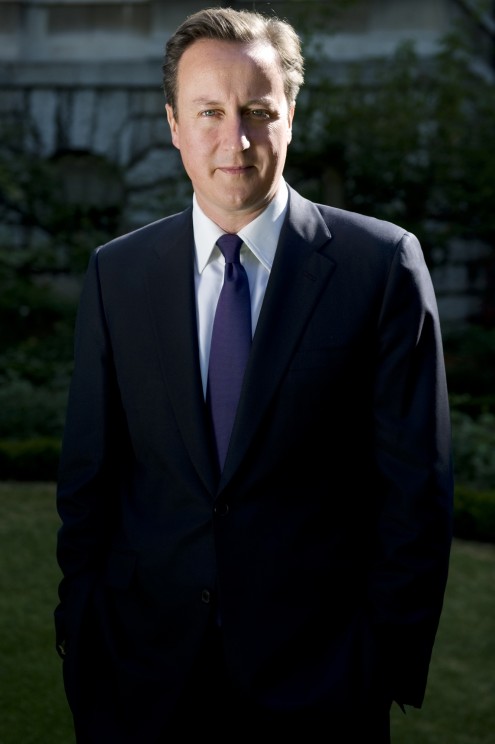In March 2007 the British government of Tony Blair officially decided to extend the life of the Trident submarine deterrent through a ‘life extension programme’ whilst also placing before parliament the need for a successor system. This essentially began the debate on a successor system.
The post Play it again (Uncle) Sam: continuities between the adoption and renewal of Trident appeared first on OUPblog.
By Julian Richards
As the world wrings its hands at the slaughter in Syria and ponders what, if anything, it can do, the precedent of intervention in Libya constantly raises its head. Why was it right and proper for us to intervene in Libya to prevent humanitarian catastrophe, but we are choosing not to do so now in Syria? The most readily available response is that “Syria is much more complicated than Libya”, but this hardly seems to help our understanding.
For a country such as the UK, these are not only tricky questions of foreign policy; they also serve to throw into the spotlight that most tricky question of all: what sort of player should Britain be on the international stage in the twenty-first century? Are we at the vanguard of the free world, standing shoulder-to-shoulder with our American cousins in spreading democracy, liberal values and universal human rights around the world (a process that the UK government calls “Shaping a Stable World”), or are we – realistically – just a medium-sized European power with fairly limited military capabilities? As a Conservative back-bencher described it, in rather discourteous terms, is Britain fast becoming just a “Belgium with nukes”?

Prime Minister David Cameron. Source: number10.gov.uk.
When David Cameron came to power in 2010, one of the first things he did was to set up a
National Security Council. This was the first time in British history that such as institution – at least under this name – has been at the centre of foreign policy-making. The origins of the idea date back to the political aftermath of the Iraq War and Tony Blair’s much-derided “sofa politics” style of government, where big decisions (such as committing Britain’s military to a major conflict) were seen to be made as much by unelected special advisers as by cabinet members and Parliament, and the decision-making presented in Dodgy Dossiers. This, claimed Cameron, was no way to deal with major decisions affecting national security, and he pledged to change it as soon as he was in power.
Cameron made good on his promise. He linked the publication of a new National Security Strategy at the end of 2010, with the announcement of the findings of a Strategic Defence and Security Review (SDSR). With the bitter recriminations from the Armed Forces ringing in his ears in the face of the substantial defence cuts announced in the SDSR, the new National Security Council was almost immediately thrown into overdrive as the Arab Spring swept like a tsunami across North Africa and the Middle East. It was time to put the new policy-making process into practice. Within weeks, British fighter jets found themselves operating alongside French and other NATO partners in the skies over Libya. No-one in government would have predicted such a turn of events, and it suggested that Britain does see itself as an essentially interventionist power, at least in some cases.
Decisions



